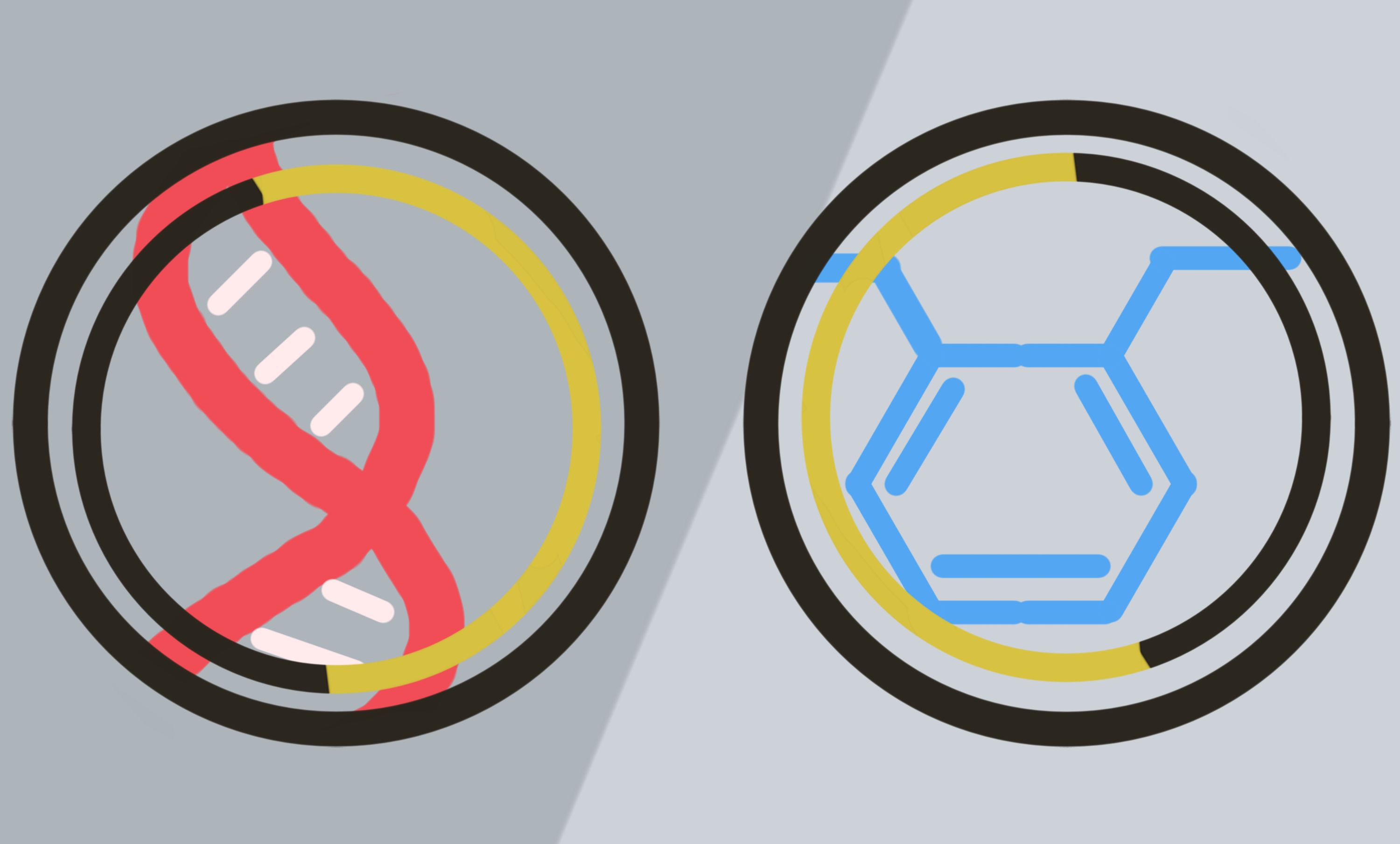Graphic by Elizabeth Wong.
The Maximizing Access to Research Careers Undergraduate Training in Academic Research (MARC U*STAR) program at the University of Rhode Island is designed to support underrepresented students working towards a bachelor’s or doctorate in biomedical fields.
According to Bryan Dewsbury, a biology professor and MARC U*STAR faculty team member, this is the first training grant URI has received for this purpose. It is funded by the federal government and Dewsbury said it is one of the premier undergraduate academic year research programs to receive this funding.
The program’s goal is to diversify the biomedical workforce, as well as provide internships to students to help them to feel more supported.
“I think that this program at URI is a step in the right direction to providing equity for students of color and other underrepresented students to achieve higher education, as well as to create a sense of belonging to combat imposter syndrome that we face,” said Naomi Parjarillo, one of the first students to participate in the program. “For years, we have been told that we do not belong here, so it’s nice to feel supported in your field.”
Connecting students with internships is a huge part of this program which Parjarillo has taken part in.
Parjarillo was able to participate in a virtual internship through the department of microbiology through Michigan State University’s Summer Research Opportunities Program. Her research focused on discovering if biological sex had any influnece on immune respiratory response in rodent models. The program helps prepare these students for the future through providing interactive internships.
One must qualify as underrepresented by National Institutes of Health standards to be eligible to take part in the program. The entry process for the program includes filling out an application with information including your transcript, goals and a prompt about biomedical sciences, followed by interviews.
The program is a fairly competitive one, so that they are really able to provide support for underrepresented students.
“The goal of this program is to increase diversity in biomedical sciences,” Parajarillo said. “So they were selective about who to get into this program to ensure that non-traditional students have the tools to succeed in life.”
This program is vital in supporting underrepresented students pursuing a career in biomedical sciences and gives them the skills they need to reach success.
“When you think of it, when was the last time you saw a woman doctor? What about a Black or Latinx woman?” Parajarillo said. “Almost never; it is important that we encourage minority students to apply to these fields.”
The MARC U*STAR program has been a vital part of underrepresented students’ college experience. MARC U*STAR has only funded a few students so far at URI, but is in its early stages.
“This is the beginning of a broader culture where all students expect some sort of research experience as part of their science academic program,” said Dewsbury. “That is what true science education is. We are very proud of the beginning crew of [MARC U*STAR] scholars.”
The MARC U*STAR program will continue to provide support to underrepresented students and help them feel more confident in their field.





